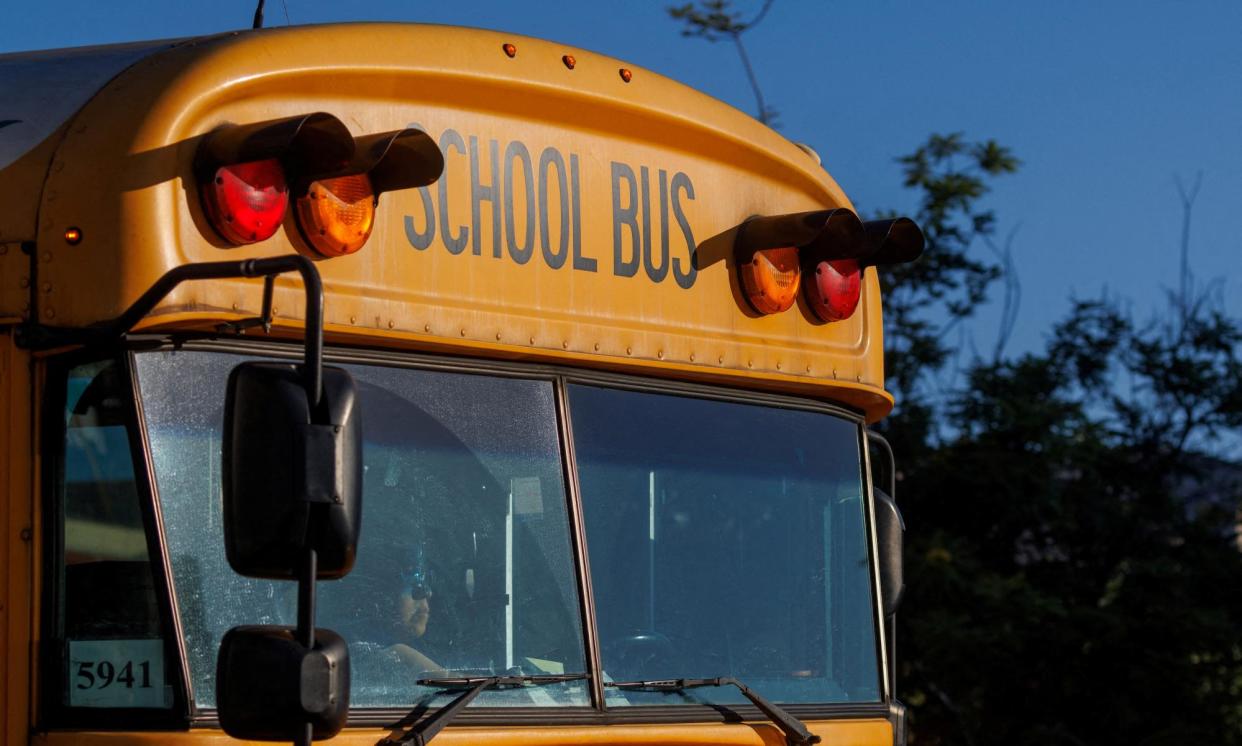California moves to ban fake gunfire in school active-shooter drills

California legislators are moving to standardize how public schools conduct active-shooter drills. If passed, the legislation would require school administrators to notify parents, teachers and students before a drill, and ban the use of fake gunfire during drills.
Individual schools and districts currently create their own procedures and often contract with law enforcement or private companies to create scenarios that mimic school shootings, which can include students lying on the ground and the use of fake blood and firearms. These exercises can traumatize students in the name of preparing for an event that, while frightening, is unlikely to happen, according to a 2021 study published in Nature.
Related: ‘A perfect microcosm’: one town’s lawsuit and the rightwing battle for California schools
“When it comes to fire drills, we are not filling the halls with smoke and turning up the thermostat,” said state Assemblymember Chris Ward, who introduced the legislation and represents parts of southern California including San Diego, in a statement on Tuesday.
“We should not be doing the same to our kids when it comes to active-shooter drills. We need to make sure these drills are not doing more harm than good in preparing our students for the possibility of these tragic events occurring,” Ward said.
Last month, a principal at an elementary school outside Los Angeles was put on leave after pretending to shoot students and announcing that they were “dead” during a drill, KTLA reported. In some cases, schools also do not notify teachers, parents and students about the shooter drills, resulting in confusion and panic.
School security products from surveillance technology to transparent backpacks and bespoke active-shooter drills are part of a multibillion-dollar industry, according to reporting by the Trace.
So far this year there have been at least 54 shooting incidents at schools, according to the K-12 School Shooting Database. These incidents include any time a gun is brandished or fired, or when a bullet hits school property. These shootings may not have had any victims or happened during school hours.
“Our responsibility as lawmakers is to ensure that schools are prepared to handle emergencies effectively while minimizing the potential of traumatizing our students,” said Mike Gipson, another southern California assembly member and co-author of the bill.

 Yahoo News
Yahoo News 
